Continuing the 7th Session, on the morning of May 28, the National Assembly discussed in the hall the draft Law on Organization of People's Courts (amended).

Scene of the morning meeting on May 28.
This is a draft law that has been discussed by the National Assembly since the 6th session. Many delegates are concerned about some of the contents, including regulations on audio and video recording in court.
No agreement on recording and filming in court
Presenting to the National Assembly, Chairwoman of the Judicial Committee Le Thi Nga said that the draft Law on Organization of People's Courts (amended) after being accepted and revised has 153 articles; of which 2 articles are removed, 2 articles are added, and Article 142 is merged into Article 143, reducing 1 article compared to the draft that the Supreme People's Court submitted to the National Assembly.
Regarding this issue, Article 141 of the draft of the Supreme People's Court submitted to the National Assembly at the 6th session stipulates: "Recording of speech and images of the Trial Panel, Judges, and other litigants may only be done during the opening of a trial or meeting with the consent of the presiding judge of the trial or meeting.
Recording the speech or images of defendants, litigants, and other participants in the proceedings must have their consent and that of the presiding judge of the trial or meeting.
There were different opinions during the discussion of this content. The National Assembly Standing Committee said that there were opinions suggesting regulations on information activities at court sessions and meetings as in the current procedural law; there were opinions suggesting a review to ensure that it does not violate the principle of public trial by the Court.

The National Assembly Standing Committee believes that at court, recording audio and video must ensure human rights and civil rights; and ensure information activities according to the provisions of law.
"This regulation also contributes to ensuring solemnity in court, creating conditions for the Trial Panel to conduct the trial well, without being distracted by other factors," explained Chairwoman of the Judicial Committee Le Thi Nga.
The majority of opinions of the National Assembly Standing Committee proposed to amend Clause 3 and Clause 4, Article 141 in the direction that: recording speech and images of the Trial Panel at a trial or meeting must have the consent of the Presiding Judge of the trial; recording speech and images of other litigants or participants in the trial or meeting must have their consent and the consent of the Presiding Judge of the trial or meeting.
Recording of images at court sessions and meetings shall only be carried out during the opening of the court session and meeting and the pronouncement of judgment and announcement of decisions. At the same time, add a provision in Clause 4 on the Court recording and filming the entire proceedings of the court session and meeting to serve professional tasks when necessary and the provision of recording and filming results shall be carried out in accordance with the provisions of law; assign the Chief Justice of the Supreme People's Court to specify details of this clause.
Some opinions in the National Assembly Standing Committee believe that the provisions on audio and video recording at court sessions and meetings in the draft Law are narrower than those of procedural laws. To facilitate information activities at court sessions and meetings, this opinion suggests keeping the current regulations.
In addition, two other opinions in the Standing Committee of the National Assembly and the Supreme People's Court proposed to stipulate Clause 3, Article 141 as follows: Recording speech and images at a trial or meeting may only be done during the opening of the trial or meeting and the pronouncement of judgment or announcement of the decision with the permission of the presiding judge of the trial or meeting; in the case of recording audio or images of other litigants or participants in the trial or meeting, their consent and the consent of the presiding judge of the trial or meeting must be obtained.
At the same time, supplement the provisions in Clause 4 on the Court recording and filming the entire proceedings of the trial and meeting to serve professional tasks.

The Draft Law on Organization of People's Courts is being presented with two options for submission to National Assembly deputies for comments. Specifically:
* Option 1 (clauses 3 and 4):
Recording speech and images of the Trial Panel at a trial or meeting must be approved by the Presiding Judge; recording speech and images of other litigants or participants in the trial or meeting must be approved by them and by the Presiding Judge. Recording images at a trial or meeting may only be done during the opening of the trial or meeting and the pronouncement of judgment and announcement of decisions.
The court shall record speech and images of the entire proceedings of the trial or meeting if necessary to serve professional tasks. The use and provision of the results of recording speech and images of the proceedings of the trial shall be carried out in accordance with the provisions of law. The Chief Justice of the Supreme People's Court shall specify this clause in detail.
* Option 2: Do not stipulate clauses 3 and 4 (Implement according to the provisions of procedural laws and relevant laws).
The court may proceed to collect documents and evidence.
Regarding the collection of documents and evidence in the settlement of criminal, administrative, civil and other cases under the jurisdiction of the Court (Article 15), many opinions agree with the draft Law that the Court is not obliged to collect evidence. Many opinions disagree with the draft Law and propose to stipulate that in some necessary cases, the Court collects evidence during the trial.
The Standing Committee of the National Assembly noted that Resolution No. 27 requires: “Research and clarify... cases where courts collect evidence during trial activities”. The 2014 Law on Organization of People's Courts does not specifically stipulate the scope of evidence collection by courts.
Procedural laws stipulate activities/measures for collecting documents and evidence, in which the Criminal Procedure Code and the Administrative Procedure Code stipulate: if the litigant cannot collect, he/she has the right to request the court to collect evidence. As a result, many litigants do not fully perform their obligations, relying on the Court to collect, leading to many Courts being overloaded with work.
Therefore, it is necessary to review and re-regulate more strictly. Practice shows that if the court does not collect evidence in some cases, it may encounter difficulties in resolving the case.

In response to the opinions of National Assembly deputies and a number of relevant agencies and organizations, the National Assembly Standing Committee directed the revision of Article 15 of the draft Law in the direction of stipulating that the court directly collects documents and evidence and supports the collection of documents and evidence to institutionalize Resolution 27 and to suit the practical conditions of our country, while reviewing and rearranging the provisions in the law to make it more suitable.
Regarding the reform of provincial and district-level people's courts according to jurisdiction (Clause 1, Article 4), the Chairman of the Judicial Committee said that many opinions disagreed with the regulation on reforming provincial-level people's courts into appellate people's courts and district-level people's courts into first-instance people's courts. Many opinions agreed with the draft Law on reforming people's courts according to jurisdiction.
The Standing Committee of the National Assembly found that the reform of provincial-level people's courts into appellate people's courts and district-level people's courts into first-instance people's courts according to their jurisdiction, but the tasks and powers of these courts remain unchanged. The courts are still attached to district-level and provincial-level administrative units; the appellate people's courts still try some cases at first instance.

This provision is not consistent with the organization of other local judicial agencies and requires amendment of a number of related laws to ensure the consistency of the legal system, while also incurring some costs (such as amending seals, signs, forms, and documents). Therefore, the Standing Committee of the National Assembly proposes to maintain the provisions of the current Law on provincial-level people's courts and district-level people's courts.
Because National Assembly deputies still have different opinions and the Supreme People's Court continues to propose to reform provincial-level people's courts into appellate people's courts and district-level people's courts into first-instance people's courts, the National Assembly Standing Committee has directed the development of two options in Clause 1, Article 4 of the draft Law to submit to the National Assembly for consideration and discussion.
Source



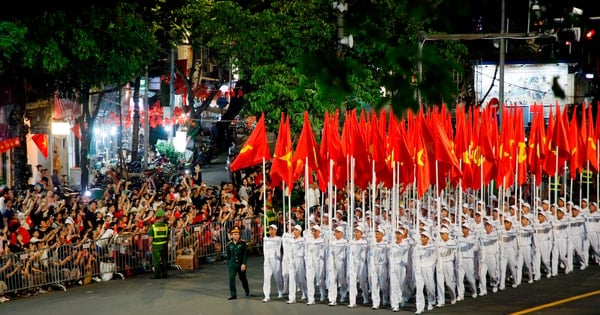

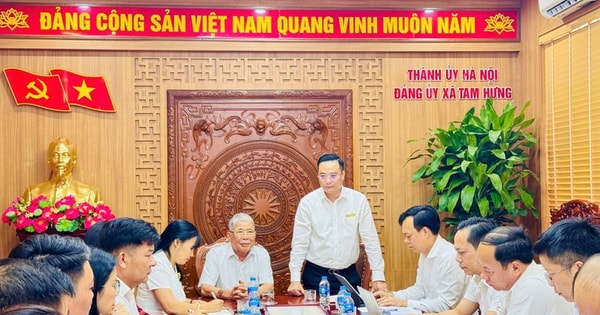
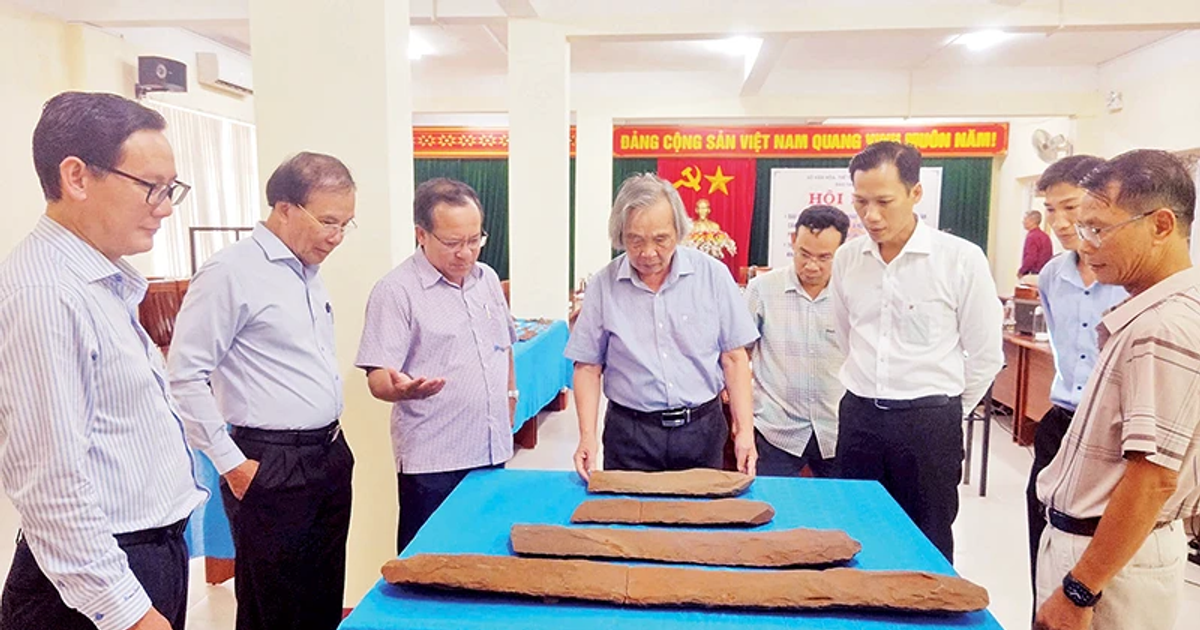
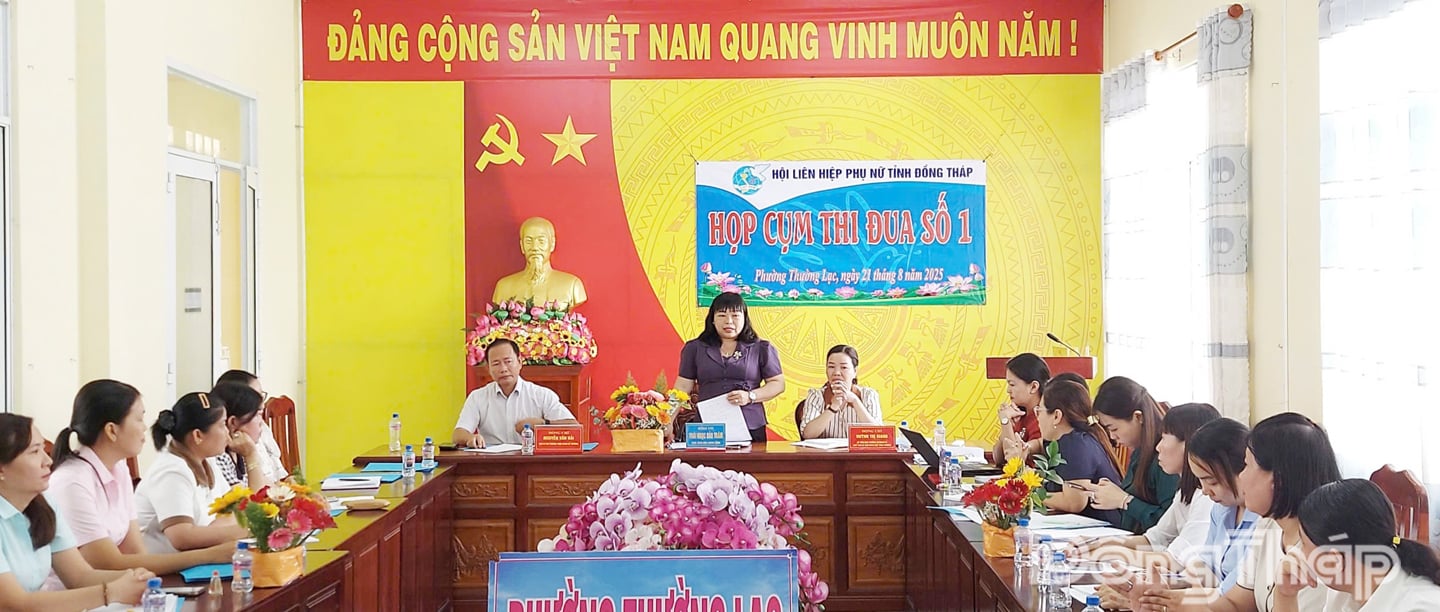
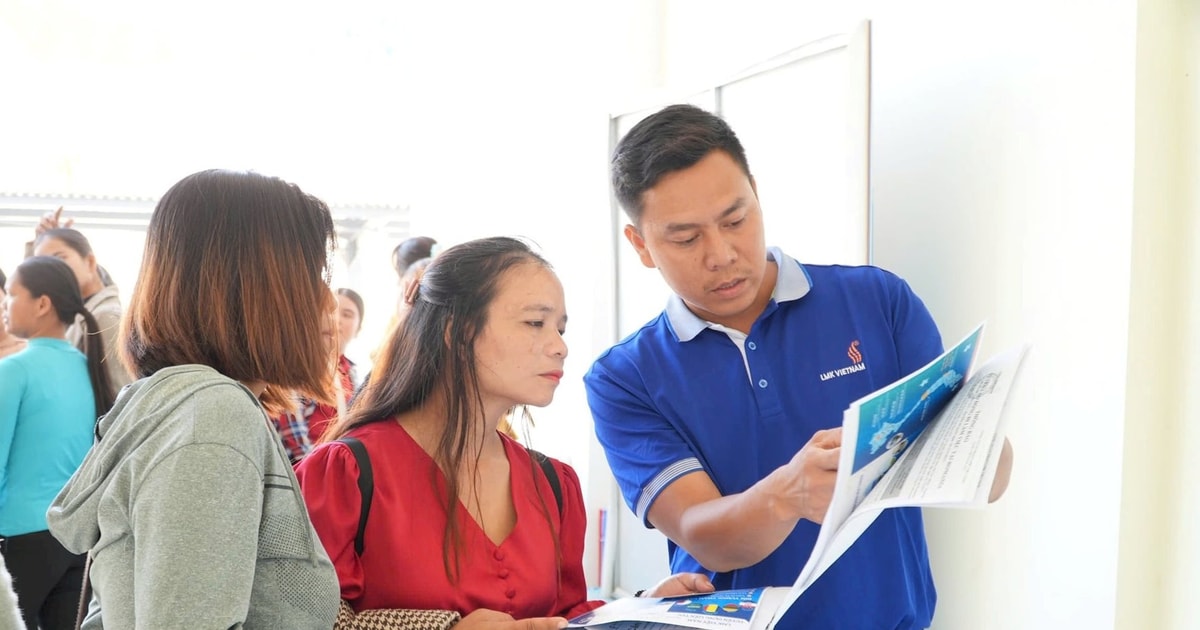
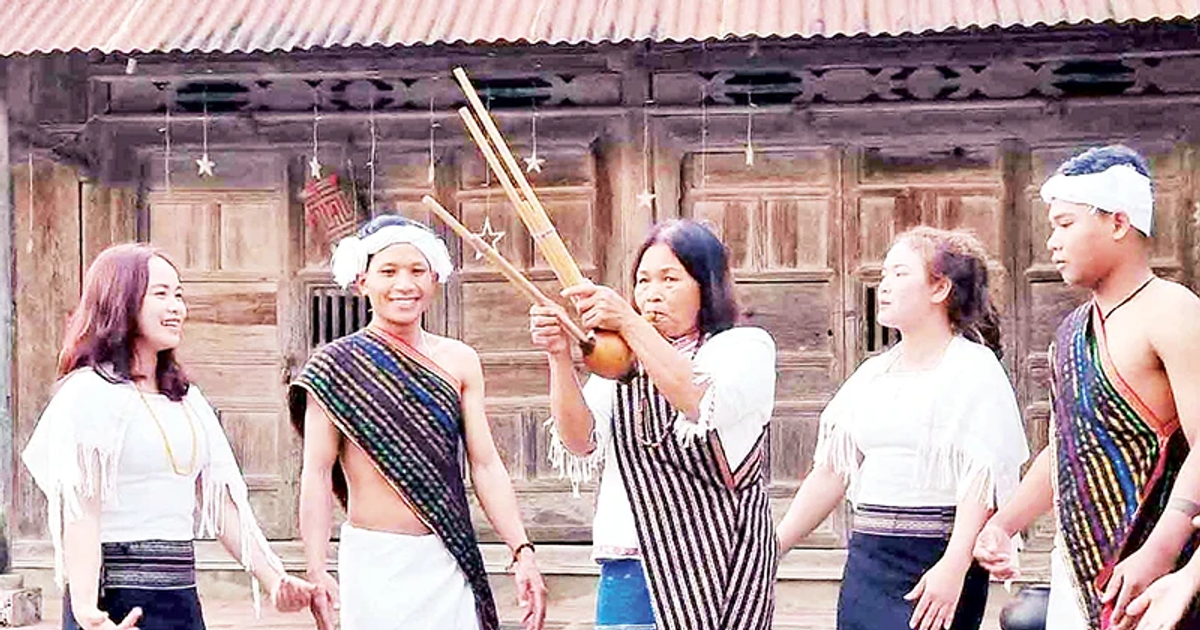
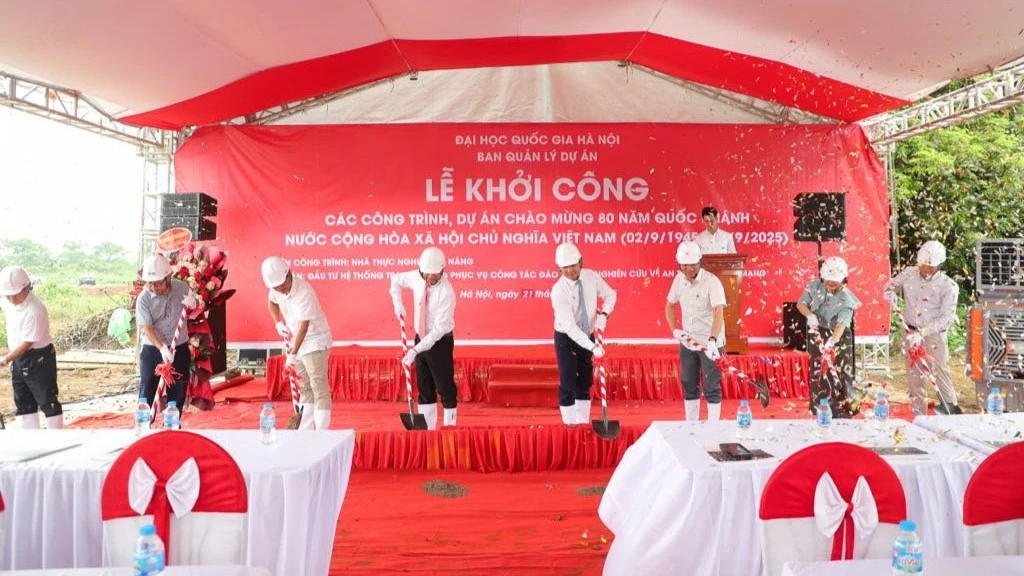
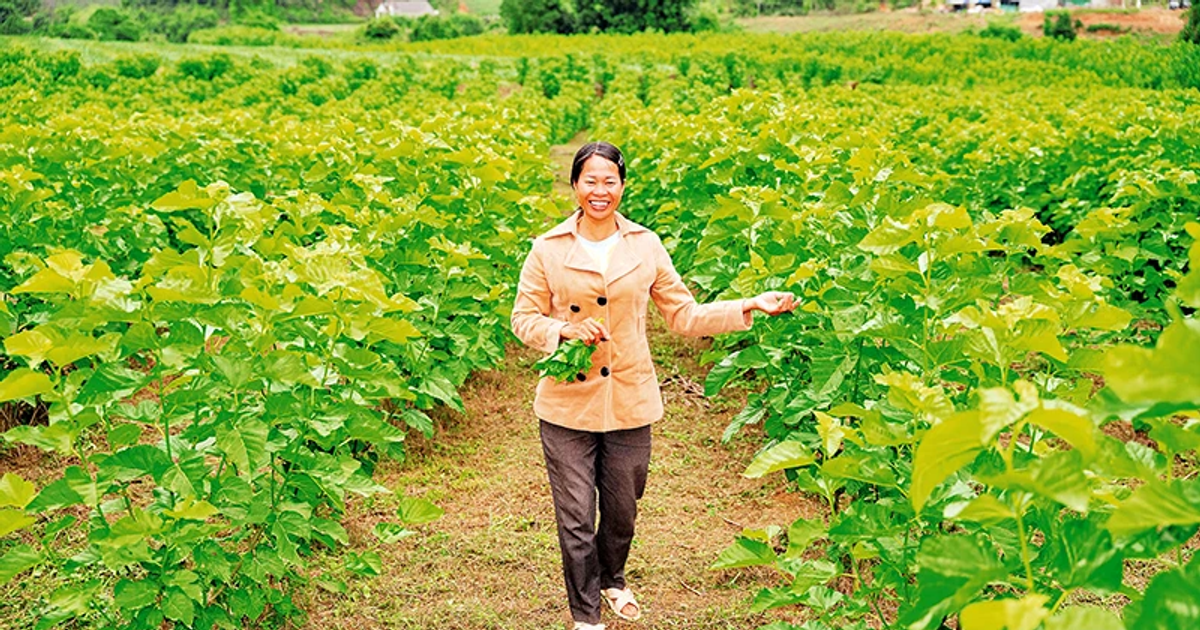
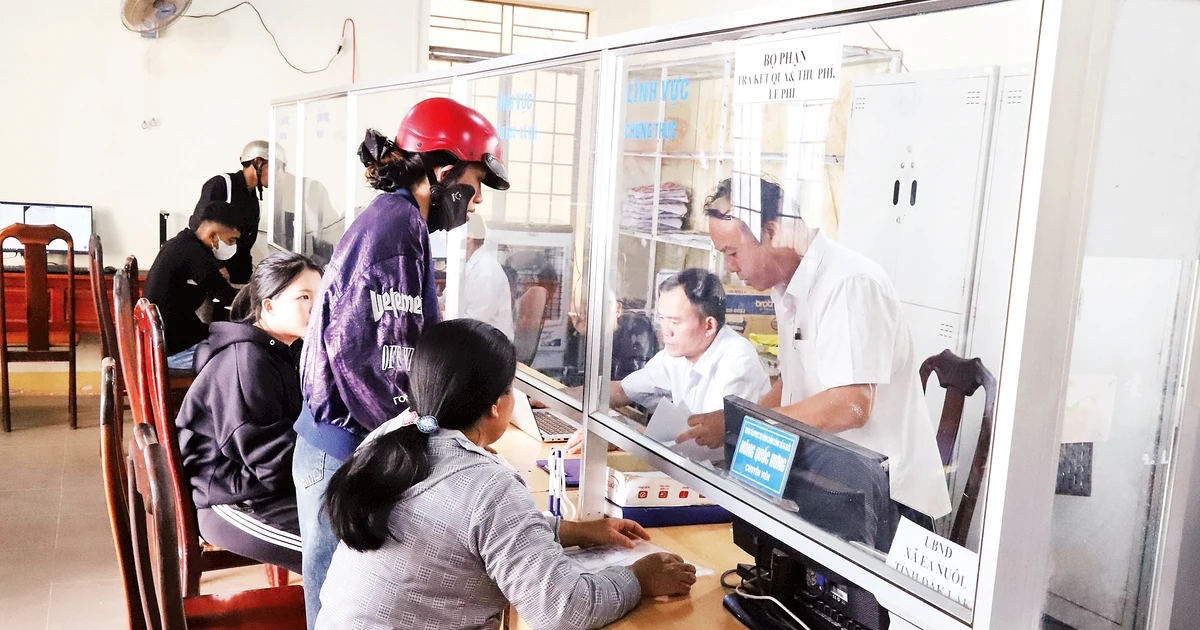











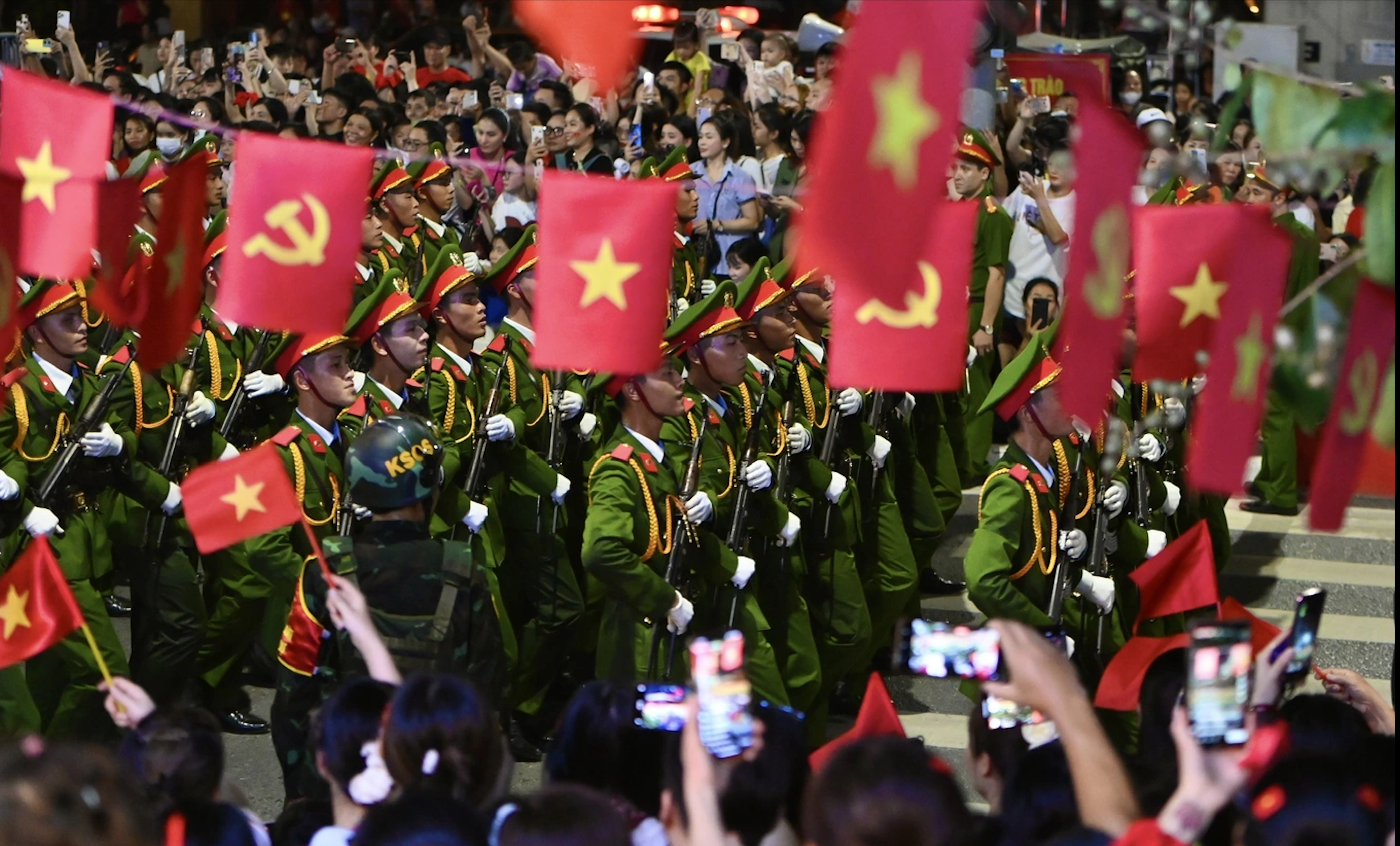


![[Photo] An Phu intersection project connecting Ho Chi Minh City-Long Thanh-Dau Giay expressway behind schedule](https://vstatic.vietnam.vn/vietnam/resource/IMAGE/2025/8/21/1ad80e9dd8944150bb72e6c49ecc7e08)



































![[Photo] Politburo works with the Standing Committee of Hanoi Party Committee and Ho Chi Minh City Party Committee](https://vstatic.vietnam.vn/vietnam/resource/IMAGE/2025/8/21/4f3460337a6045e7847d50d38704355d)
































Comment (0)